mitko007
TPF Noob!
- Joined
- Sep 3, 2008
- Messages
- 21
- Reaction score
- 0
- Location
- AUSTRIA
- Can others edit my Photos
- Photos OK to edit
Hi all,
i've been visiting the forum for a while. A learned a lot here and i must say that you are a big help for beginners like me. I still have some questions a would like to ask
1. I have read somewhere that 90% of all good photos are post processed. So how really important is post processing? Is it possible to shot a very good image that doesn't need to be post processed (from all pictures i've seen here i think that almost all where post processed).
2. I still have some problems understanding the metering function on my camera. How does metering work, what should i meter exactly and should i do it always before taking a shot?
Thats all for now...Thanks
i've been visiting the forum for a while. A learned a lot here and i must say that you are a big help for beginners like me. I still have some questions a would like to ask
1. I have read somewhere that 90% of all good photos are post processed. So how really important is post processing? Is it possible to shot a very good image that doesn't need to be post processed (from all pictures i've seen here i think that almost all where post processed).
2. I still have some problems understanding the metering function on my camera. How does metering work, what should i meter exactly and should i do it always before taking a shot?
Thats all for now...Thanks


 ). I was just trying to find out if those good shots i see here around are a reslut of good photography or prost processing afterwards....
). I was just trying to find out if those good shots i see here around are a reslut of good photography or prost processing afterwards....
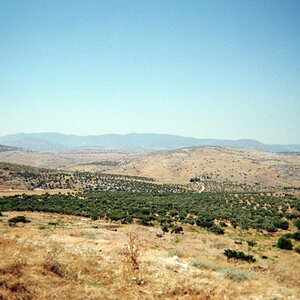
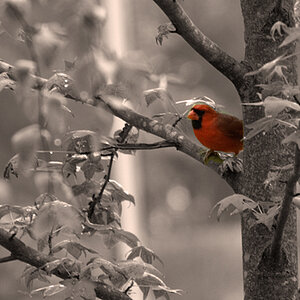
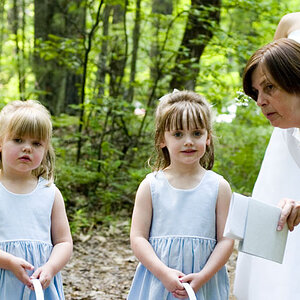

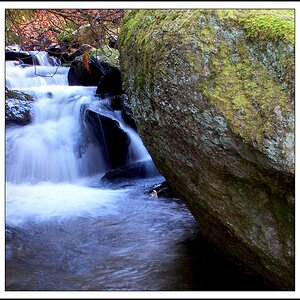
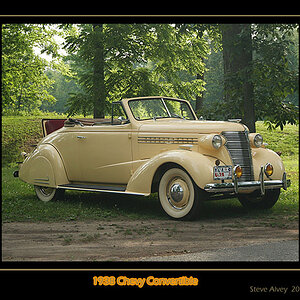
![[No title]](/data/xfmg/thumbnail/31/31085-9786bf0c16c072633ecdfad477c23095.jpg?1619734600)

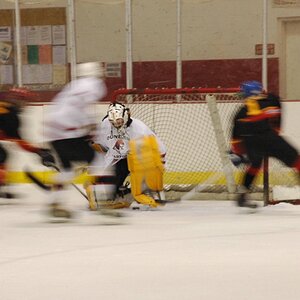

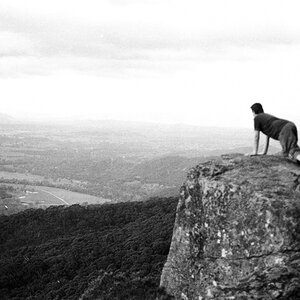
![[No title]](/data/xfmg/thumbnail/35/35931-5e10675f3f7d827bc7ae4689f16bda8a.jpg?1619737234)